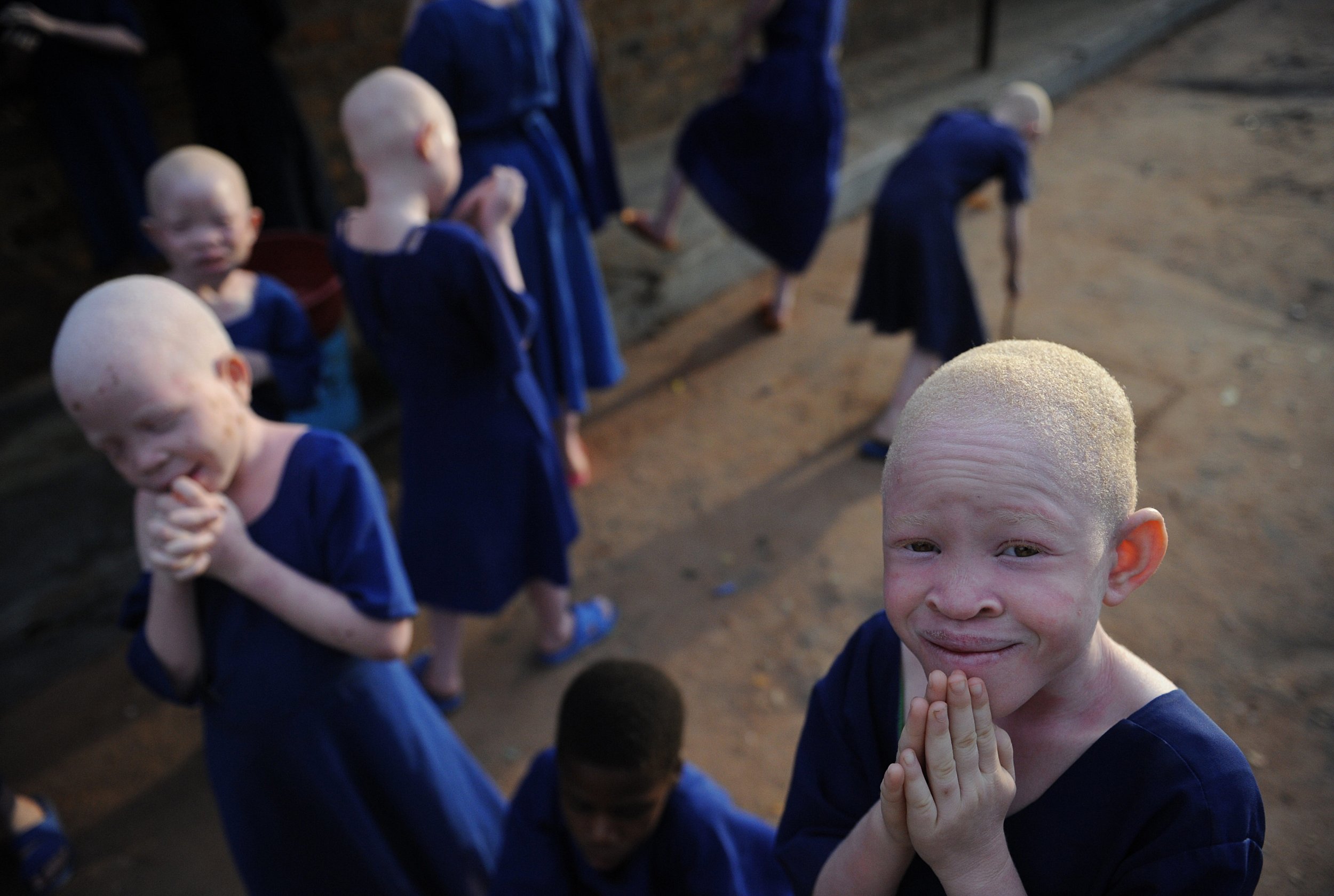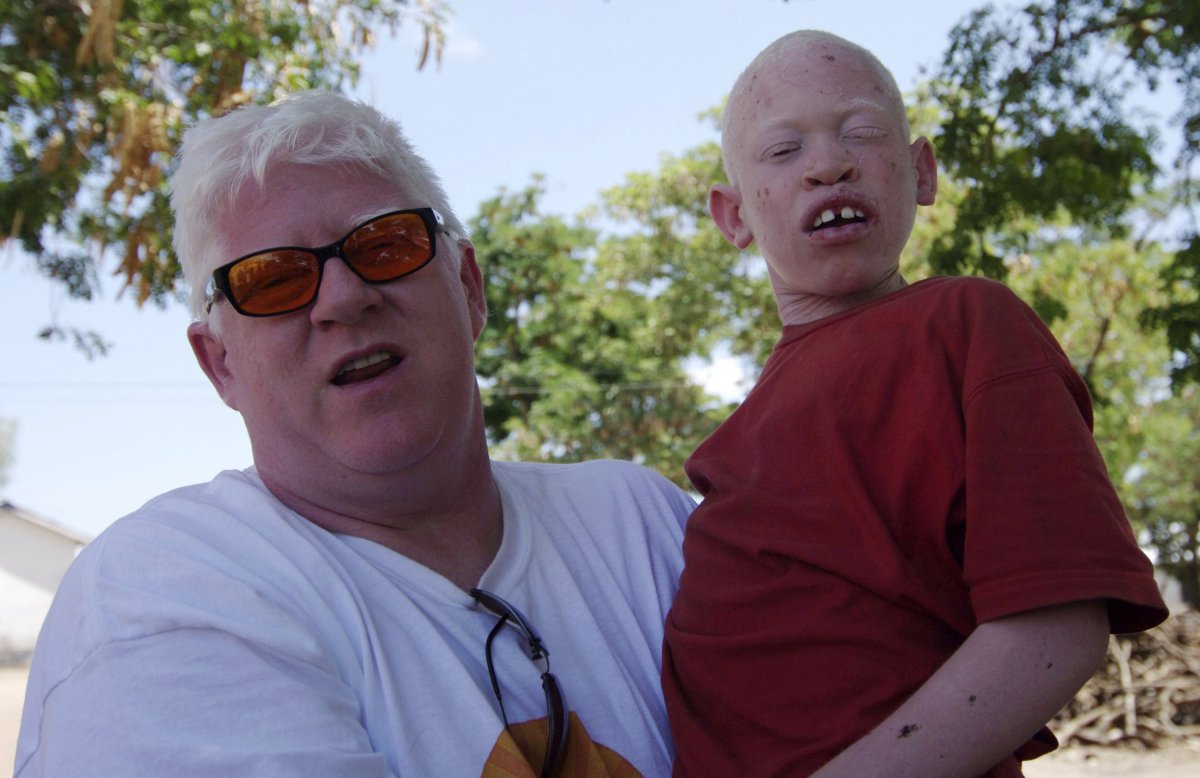
It was a sweltering and lazy summer day some 46 years ago in my hometown of Montreal, Canada. From what I recall, the sun shone so brightly that my pigment-starved eyes squinted tightly in a futile attempt to seek relief from the persistent and blinding light. This was the day, at five years old, I decided to learn to ride a bicycle.
I ran down the lane behind the rough low-rent apartment block where we lived and found the old bicycle my brothers had ridden before me. My feet eagerly pushed forward, propelling the bike over the rough, potholed lane. The bright sunlight still struck my sensitive eyes.
I became aware that lots of my neighbors were watching me, but I picked up speed. But then my front wheel dipped into a deep crack in the pavement and my small body was hurled over the handlebars and onto the unforgiving concrete as my bike flew to the side. Dazed, I quickly rose to my feet, a large gash on my knee, blood gushing down my leg.
Having witnessed this spectacle, a neighbor hanging out her laundry on her second-floor balcony saw my mother across the lane. She yelled to my mother: "Can't you see he's blind—he shouldn't be riding a bike!"
What happened next would be a defining moment in my life. My mother shouted to me: "Peter, don't listen to her. Get back on your bike!"
Knee still bleeding, bright sun still obstructing my vision, I mounted that bike, and peddled as fast as I could. I got quite bit further down the lane, but eventually fell again. But that fall didn't hurt at all; I had tasted the medicine of a mother who believed more in my ability than my disability, and declared it to everyone that day.

If you were to see me, you would see a guy with very white hair, extremely pale skin, and eyes so lightly pigmented that you may have difficulty describing their color. I have albinism, or as it's more commonly called, I am an albino. (I prefer "person with albinism" over "albino"—it makes me feel more human). I am legally blind, seeing about a tenth of what someone without albinism would. The print on the school blackboard was invisible to me. I squint when I encounter bright light—my eyes don't filter light well. Poor vision is a reality for all of us with the genetic condition of albinism, as is extreme susceptibility to sunburn due to the lack of melanin in our skin.
June 13, 2017, marks the third International Albinism Awareness Day, after the United Nations created it in 2014. People with albinism remain a misunderstood minority that, in some parts of the world, face deadly persecution. The second story I want to tell takes place against that backdrop, in Tanzania, East Africa.
Read more: Tanzania's persecuted albinos are singing for their lives
In 2008, I visited a remote village near Mwanza in northwest Tanzania. Small dwellings with thatched roofs dotted the landscape around me. Chickens circled outside the dusty entrance to the simple home I came to visit. I was at the scene of a grisly crime that had occurred just weeks prior to my arrival.
I examined the blood stains in the bedroom. The blood belonged to Mariam, a five-year-old girl, who was woken from her sleep in the middle of the night by men armed with machetes. They came for her because she had albinism. They were agents dealing in the dark underground trade of the body parts and blood of children with albinism in Tanzania. In Tanzania and other parts of Africa, some witch doctors promote the belief that the organs, blood and hair of people with albinism have supernatural powers. These killers had been hired by such a witch doctor.
The men savagely dismembered her one limb at a time, even slitting her throat, collecting her blood into a cooking pot brought along for the occasion. All this took place in her bedroom in front of her two watching siblings. (I know the siblings well; they both suffer from post-traumatic stress disorder. My organization, Under The Same Sun, protects, educates, and counsels them.) These savage men abandoned what was left off her tiny, helpless body as they fled the scene. Her body parts would have quickly fetched thousands of dollars. Mariam was merely a means of profit for them. But for these men, killing a child with albinism would have been easy, because they would have likely been raised with the belief that people with albinism were inhuman and inferior. Mariam's mother, Flora, narrates this horrendous crime to me; investigators later revealed that one of the killers was a relative.
I wish I could say that this tragic account was one of a kind. But it is not. At Under The Same Sun, we have records of 522 attacks and killings in 28 African nations, 172 of which are in Tanzania.
But there is good news amid this darkness. We operate an education program in Tanzania, placing over 300 children with albinism in high-quality, secure private schools. Many of these children are top of their class; many have graduated from university and are occupying positions of influence throughout Tanzanian society. Our advocacy program reaches millions through mass media and grassroots public education, dispelling the myths that fuel the discrimination that kills so many.
As you read this article, I am in Tanzania celebrating International Albinism Awareness Day, joining hands with my brothers and sisters with albinism, and declaring with one voice that we will prevail. I will be speaking to hundreds of them, echoing the life-giving words of my mom: "Don't listen to them. Get back on your bike!"
Peter Ash is the founder and director of Under The Same Sun , a charity that campaigns for the rights of people with albinism. You can learn more about their work by visiting their Facebook page or by contacting info@underthesamesun.com.
Uncommon Knowledge
Newsweek is committed to challenging conventional wisdom and finding connections in the search for common ground.
Newsweek is committed to challenging conventional wisdom and finding connections in the search for common ground.
About the writer
To read how Newsweek uses AI as a newsroom tool, Click here.








